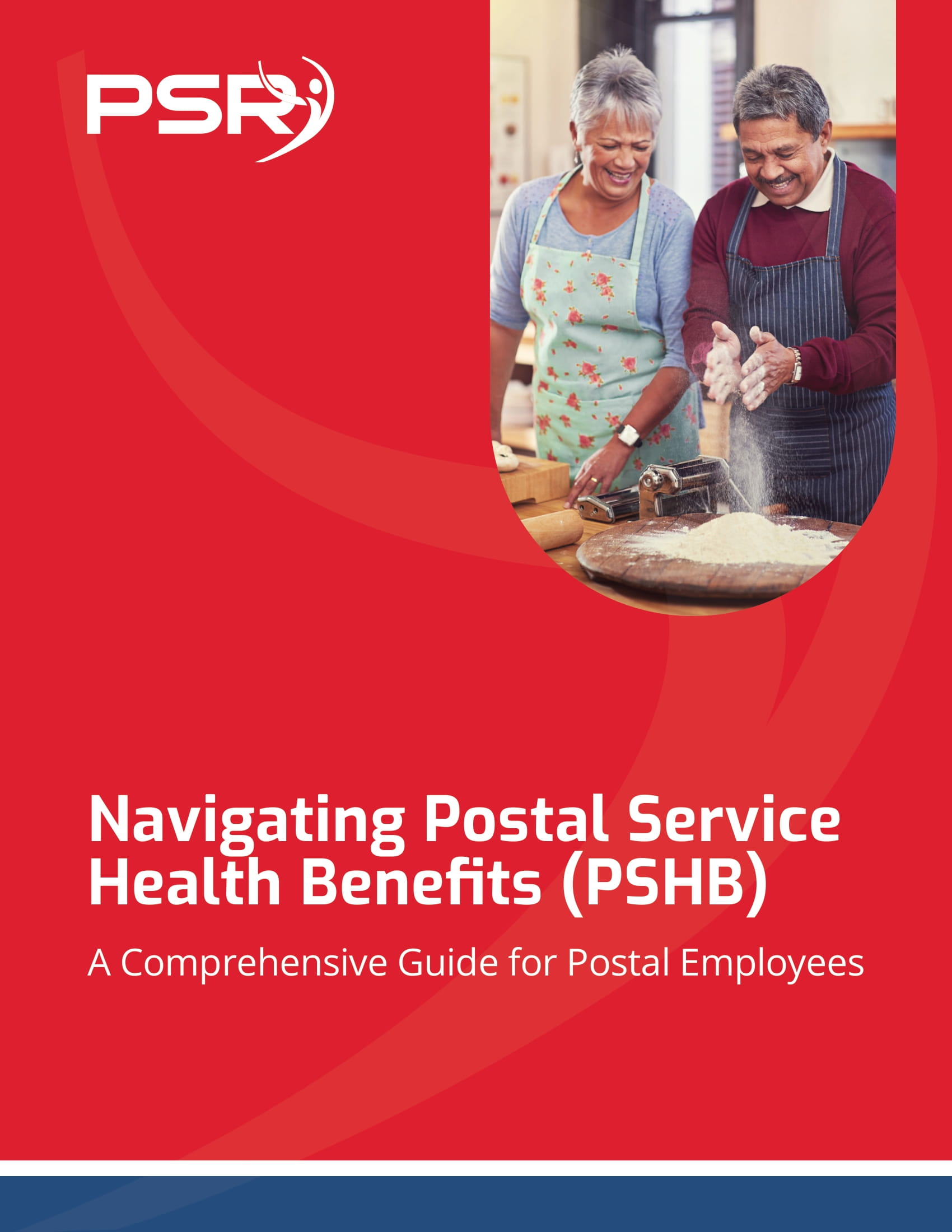Key Takeaways:
- New federal employee rules and benefits could significantly impact your retirement plans.
- Stay informed about these changes to make smarter decisions for your future security.
What’s Changing in Federal Employee Benefits?
Federal retirement benefits have seen significant updates recently, and it’s more important than ever to understand these shifts if you’re a federal retiree or nearing retirement. The latest changes can impact your healthcare coverage, pension, and even how you plan for Social Security.
In recent years, the government has taken steps to modernize the federal retirement system. This has led to various alterations in policies, regulations, and even pension structures. These adjustments could influence how you manage your retirement, so staying informed is essential.
Why Are These Changes Happening Now?
- Also Read: Divorce and Your Federal Pension—What Happens When You Split Assets and How It Could Affect Your TSP
- Also Read: What Happens to Your Federal Benefits After Divorce? Here’s the Lowdown
- Also Read: The Best FEHB Plans for 2025: Which One Fits Your Lifestyle and Budget the Best?
The changing dynamics of the economy, inflation, and healthcare expenses have also prompted some of these revisions. In short, these updates aim to balance retirement security for workers and retirees with the fiscal needs of the government. So, what are the specific changes you should know about?
Changes in Healthcare for Federal Retirees
One of the biggest concerns for federal retirees is healthcare. There have been updates to the Federal Employees Health Benefits (FEHB) program, which offers healthcare coverage to both current employees and retirees. Some of the recent updates include changes in premium costs, coverage options, and available providers.
The introduction of new healthcare plans within the FEHB program has shifted how retirees may approach their coverage choices. If you’re nearing retirement, it’s crucial to review your options each year during the open enrollment period. This will help ensure that your healthcare coverage aligns with your current needs, especially as you transition from working life to retirement.
Additionally, retirees who become eligible for Medicare should keep an eye on coordination between their FEHB plan and Medicare. Navigating these waters can be tricky, but understanding how the two programs interact could save you money and ensure better coverage.
Pension Adjustments: What You Should Know
For many federal employees, pensions are a significant part of their retirement income. The Federal Employees Retirement System (FERS) pension benefits have remained largely consistent, but recent adjustments to contribution rates and eligibility criteria could affect your retirement savings.
For example, changes in contribution percentages over the last several years mean that newer employees may have to contribute more than their predecessors. If you’ve been part of the federal workforce for a while, these changes might not impact you directly, but it’s always wise to keep an eye on these regulations in case you need to adjust your long-term plans.
In addition to pension contributions, cost-of-living adjustments (COLAs) have also undergone recent scrutiny. COLAs ensure that your pension income keeps up with inflation, but the methods used to calculate these adjustments may change in the future. Keeping tabs on these factors will help you plan more effectively for your financial needs after retirement.
How Will Social Security Factor Into Your Retirement?
As a federal employee or retiree, you may have paid into Social Security, and understanding how it integrates with your federal benefits is crucial. While you may be entitled to Social Security benefits, the Windfall Elimination Provision (WEP) or Government Pension Offset (GPO) could affect how much you receive.
The WEP reduces Social Security benefits for those who have a pension from work that didn’t withhold Social Security taxes, such as some federal employment positions. Similarly, the GPO reduces Social Security spousal or survivor benefits if you receive a federal pension. These rules have been a source of confusion for many retirees, and recent proposals in Congress aim to alter these provisions.
Even though these changes haven’t been implemented yet, it’s worth keeping an eye on them as they could affect your retirement income. Planning ahead for how these potential changes might impact your Social Security benefits can help you avoid any surprises down the road.
What About Thrift Savings Plan (TSP) Changes?
The Thrift Savings Plan (TSP), another cornerstone of federal retirement planning, has also seen updates. In the last couple of years, new investment options and withdrawal rules have been introduced, giving retirees more flexibility with their savings.
The TSP now offers mutual fund window options, allowing retirees to invest in a wider range of funds. This can be a great opportunity if you’re looking to diversify your retirement savings and seek potentially higher returns. However, as with any investment, it’s important to weigh the risks before making any significant changes to your portfolio.
Additionally, new withdrawal rules introduced in 2019 provide more options for how you access your TSP funds in retirement. These changes give you greater control over your income streams and how you manage your finances during retirement. Whether you choose monthly withdrawals, lump sums, or annuities, the TSP has become more adaptable to your personal needs.
How Can You Stay Prepared?
With so many changes happening, it might feel overwhelming. But there are some practical steps you can take to stay on top of your retirement planning.
-
Review Your Benefits Annually: Whether it’s healthcare, pension, or your TSP, take the time each year to review your benefits and make any necessary adjustments. Open enrollment periods are the perfect time to reassess your needs and choose the best options for you and your family.
-
Consult a Licensed Insurance Agent: If you’re confused about how these changes affect your healthcare coverage, consider talking to a licensed insurance agent who can help you navigate the different plans and options available to you. They can explain how Medicare might work alongside your FEHB plan and whether it’s worth making any changes.
-
Stay Informed About Legislative Changes: Policies and regulations around federal retirement benefits can change. By staying informed, you can adapt your plans accordingly. Follow the news or subscribe to newsletters specifically focused on federal employee benefits to stay updated.
-
Update Your Financial Plan: As retirement approaches, it’s essential to revisit your financial goals and plans. Take into account changes in pension contributions, Social Security rules, and TSP options, and make sure your investments align with your retirement objectives.
The Importance of Understanding Your Benefits
The key takeaway here is that being proactive about your retirement is the best way to ensure you’re making the most of your federal benefits. Even small changes in policies or regulations can have a significant impact on your long-term financial health. So, keep up with the latest updates, review your benefits annually, and consult professionals when needed. Your future self will thank you!
Stay Informed and Secure Your Retirement
Navigating the evolving landscape of federal employee benefits can be complex, but staying informed is crucial. The updates to healthcare, pensions, and Social Security could affect your retirement plans, so now is the time to evaluate your options and make any necessary adjustments. Whether it’s deciding how to handle your healthcare or planning for your pension’s longevity, the more you know, the better prepared you’ll be.
Remember to revisit your benefits regularly and adjust your financial plan as necessary. Connect with a licensed insurance agent for personalized advice, and stay on top of any changes in federal policies that may affect your retirement.












